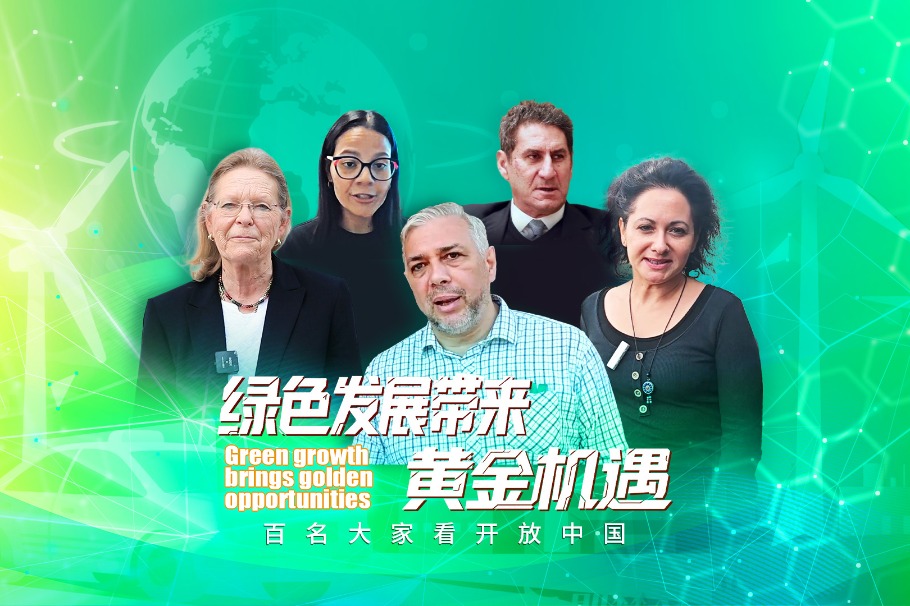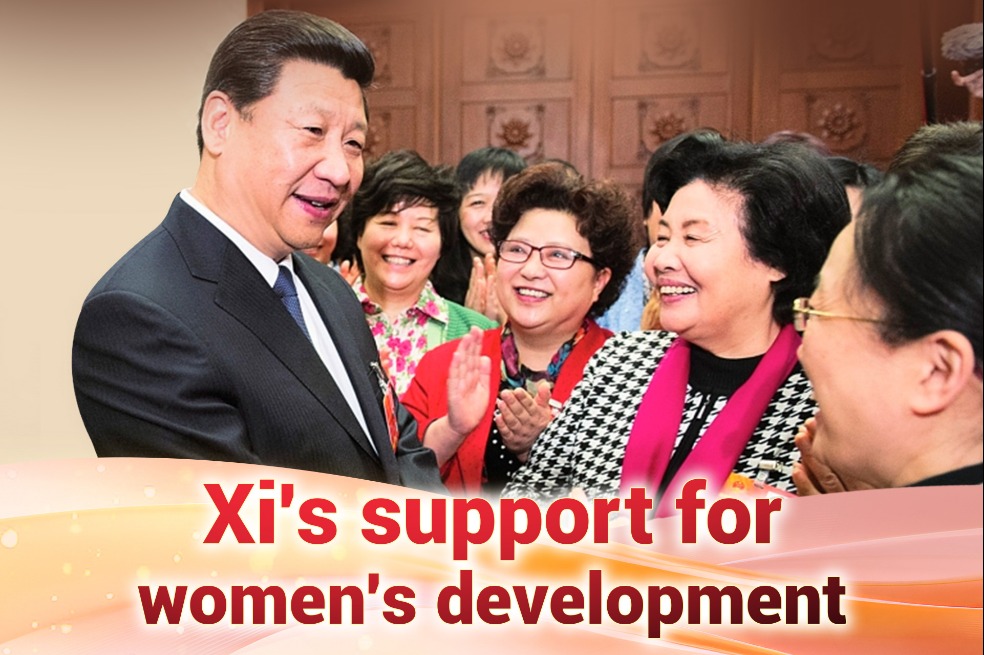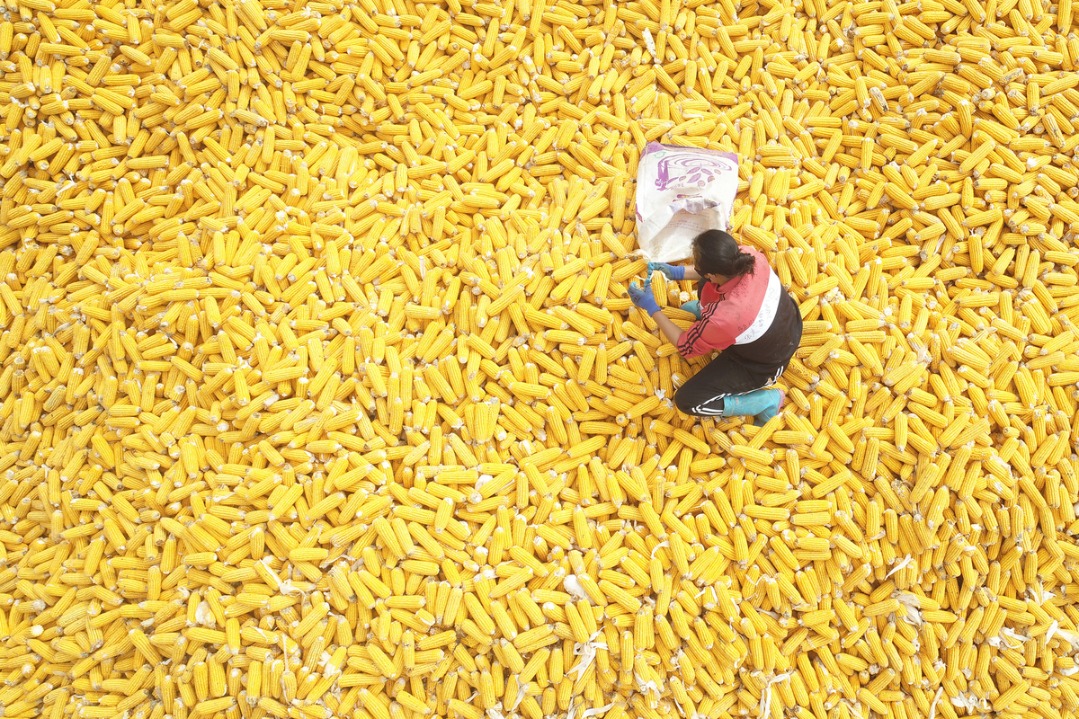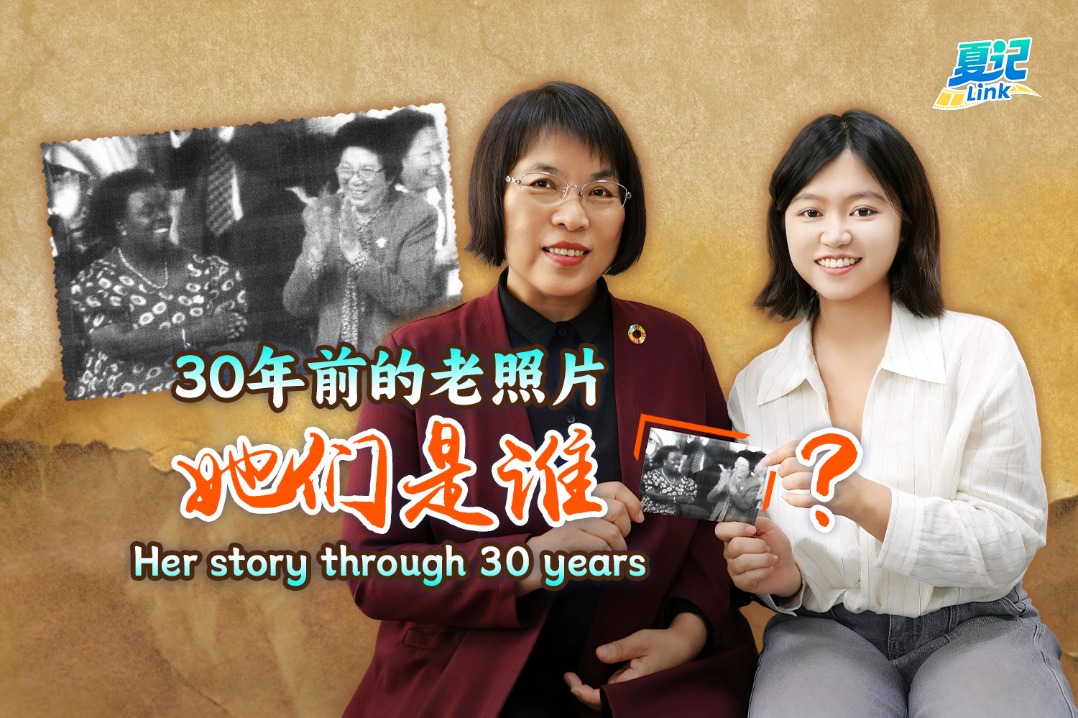Xiplomacy: How China helps empower women from Asia to Africa


HELPING HER SHINE IN LIFE
Tahiya Bauso Massawe, a female cattle keeper from Tanzania, has benefited greatly from China's Juncao technology. At first, she was skeptical about this new type of forage introduced by Chinese experts.
"It looks like sugarcane. Would the cattle actually eat it?" She wondered. Yet the cows love it, and the milk production nearly doubled.
Rising income has allowed Massawe to buy new equipment and a vehicle, and hired 16 employees -- half of them women. She encouraged other women to grow Juncao as well, helping many earn their income for the first time and enabling them to support their families and children's education.
For Massawe, Juncao symbolizes equality, hope and opportunity. She said that this technology brought by Chinese experts has gradually improved their lives and transformed the role of local women.
Xi has emphasized on multiple international occasions the vital role of women's development in achieving common progress. "Development cannot be achieved without women, and the benefits it brings must be shared by all," he said at the 2015 UN meeting.
Today, the Juncao technology has provided employment opportunities for women in 106 countries worldwide. The Bamboo as a Substitute for Plastic Initiative, jointly launched by China and the International Bamboo and Rattan Organization, has improved the lives of women in many African countries. Additionally, Luban Workshop, a Chinese vocational training program, has trained nearly 6,000 female students.
For Gertrude Mongella, secretary-general of the Fourth World Conference on Women held in Beijing in 1995, in some developing countries, women continue to lag behind men in many fields due to a lack of funding, knowledge and skills.
In a recent interview with Xinhua, she expressed her hope for China to continue sharing its experiences and strengthening cooperation with more countries, including African nations, to promote the continuous development of global women's affairs.
























